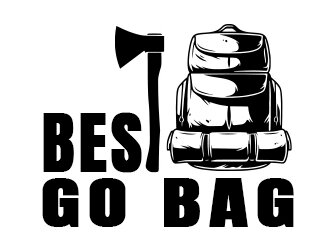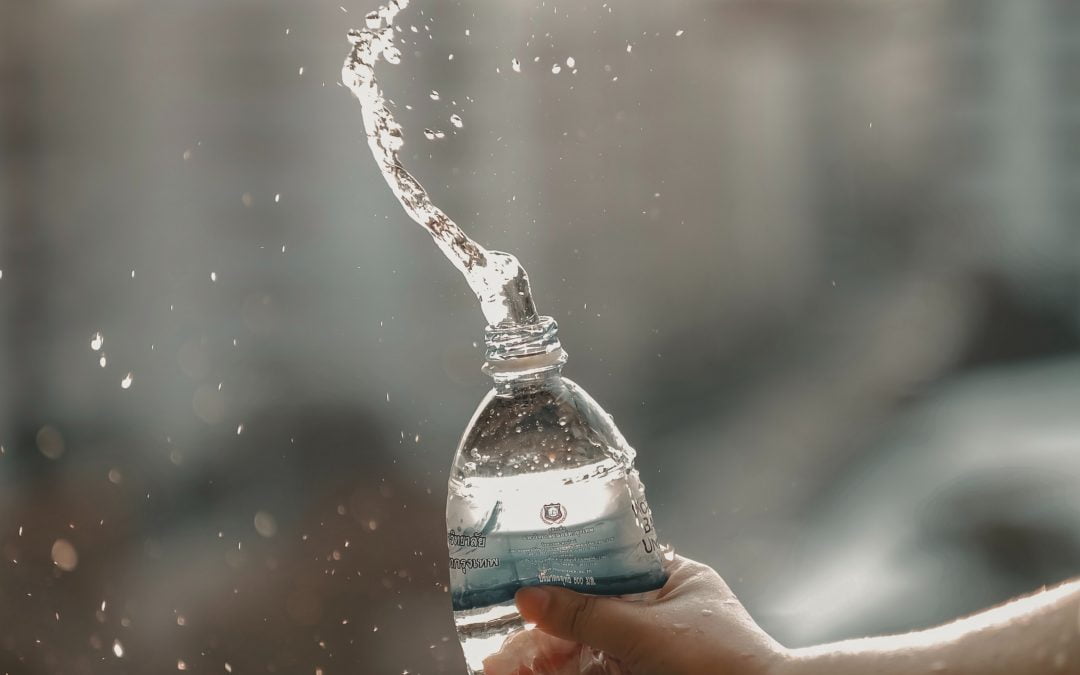<imgsrc=”” alt=”” style=”display: block; margin-left: auto; margin-right: auto;”>
Have you ever been curious as to why good ol’ H2O has an expiration date? When you purchase bottles of water from the store, there is often an expiration date printed on them. This may seem a bit surprising since water itself never actually expires. This is of particular concern to those who attempt to stock up on large amounts of bottled water for extended periods of time—such as those storing water for emergencies.
So, does water actually expire? Keep reading to find out.
Everything You Need To Know About Storing Water
You just finished an intense workout, and you reach for a refreshing bottle of water. You open the seal, and as you bring the bottle close to your lips, you notice that the expiration date says the water expired two months ago.
Should you worry?
Of course not. Water doesn’t actually go bad. Having an expiration date on a bottle of H20 makes about as much sense as having an expiration date on salt or sugar.
There are many different reasons why water bottles come with an expiration date. The primary reason is government bureaucracy: Water is a consumable food product, and as such, it’s subject to laws requiring dates of expiration on all consumables, from lemonade to bologna and everything in between.
Besides that, the expiration date on water has certain benefits for the manufacturer.
Although water does not go bad, the plastic bottle that it’s contained in does and will “expire” and will eventually start leaching harmful chemicals into the water. This won’t necessarily render the water toxic, but it might make it taste somewhat less than “mountain spring fresh.’ If consumers contact drink manufacturers to complain that the water they purchased several years earlier tastes bad, the bottles can point out that it’s their own fault for not drinking it by the expiration date.
With that in mind, here are some other facts you need to know about storing water:
Water should always be stored in UV-resistant, food-grade plastic containers or in metalized bags.
Traditionally, H2O storage barrels are blue. This color limits heat, light exposure, and biological growth (algae and bacteria) and also signifies that what is being stored in the container is safe for consumption (for example, gas is stored in red containers and is not safe for consumption). The safest containers to hold H20 in are polyethylene-based plastics or plastics # 1, #2, and #4.
Other helpful tips and tricks for storing water in plastic containers:
- Don’t ever use your old milk jugs for water storage. Since some milk jugs are biodegradable, they tend to break down over time. Also, any live cultures found in the milk that remains in your jug could make you sick if you store drinking water in milk jugs.
- Soda bottles can be used for long-term water storage. However, it’s important to keep in mind that plastics absorb flavors, so your drinking water may taste a bit like cola.
You can’t solely rely on a water barrel for all the situations you may encounter.
If you have to evacuate your home, chances are you won’t be able to carry a heavy water barrel with you. Also, if you only have one water barrel or one water source, you may run out of water, depending on the number of people in your household and the number of days you’ll be without water.
Remember that the average amount to store is 1 gallon of water per day per person for two weeks. Store water in containers of various sizes and plan for different situations. You can easily siphon the water from your barrel into other containers and refill it before an emergency arises.
Most barrels are not built to stack on each other.
If you want to stack your water barrels because you don’t have enough room, use containers with grooves on the bottom for stacking. Barrels are safest if they are stored standing.
However, don’t store your water barrel directly on cement or on your garage floor. Plastics tend to absorb flavors, and odors from liquids spilled on the floor, gasoline, and chemicals used to create the concrete. These odors and chemicals can make the taste of the water unbearable to drink. Instead, place your barrel on top of a wood board or cardboard so that chemicals and odors don’t leach in.
Water purifiers will kill up to 99.9% of all microorganisms in your water.
We love the Stealth Angel Personal Water Filter because it begins with a layer of cotton and medical-grade, hollow fiber UF membrane, eliminating 99.99% of bacteria by itself. After that, the water will then pass through activated carbon and antibacterial beads for an even more thorough cleanse, making this the perfect tool to keep on hand for any emergency situation.
Words simply can’t express how utterly critical it is to have access to fresh, drinkable water when you’re in a bad spot for longer than you expected. With Stealth Angel’s Water Filter, you can confidently drink water safely without the risk of getting sick from harmful bacteria and other microorganisms.
Water must be stored in a cool, dry location such as a basement or storage room to not be exposed to warm or hot temperatures.
As the temperature rises about room temperatures, chemicals within the plastic containers will begin to seep into the water at a faster rate. This can put your health and the health of your loved ones at risk.
Also, be aware of exposing your H2O to UV or ultraviolet light. UV light can also cause chemicals found in plastic containers to seep into the water at a much faster rate. The longer you store water in plastic, the more exposure to the chemicals will increase. At higher temps, unhealthy amounts of these harmful chemicals will pose a threat to human health. This is why it’s imperative to dispose of any H2O that has not been used by its date of expiration.
Good practice is to rotate your water out before it expires and replace it with water with a longer shelf life. Many preppers suggest rotating your water out every three to six months. This may be a bit excessive, but it will ensure that your water still tastes good and occurs with very little chemical seepage.
Conclusion
While bottled water, professionally manufactured emergency water, and other types of water that you may have purchased all have expiration dates printed on their containers, it doesn’t necessarily mean the water itself goes bad. It usually just means the container used to hold the water will reach the end of its life.
Storing enough water to survive a prolonged period of time while maintaining the water’s quality is extremely important. If you can keep your water in a dark, cool location and remember to rotate it frequently, you should be fine. If not, it may be best for you to invest in something that can help filter your water, like the Stealth Angel Personal Water Filter.
Stealth Angel Survival is the leader in emergency preparedness kits, supplies, and survival products. Anything that you may need in the event of an emergency or disastrous situation, Stealth Angel Survival’s got your back.
Sources:
https://www.livescience.com/50326-what-is-ultraviolet-light.html
https://omnexus.specialchem.com/selection-guide/polyethylene-plastic


